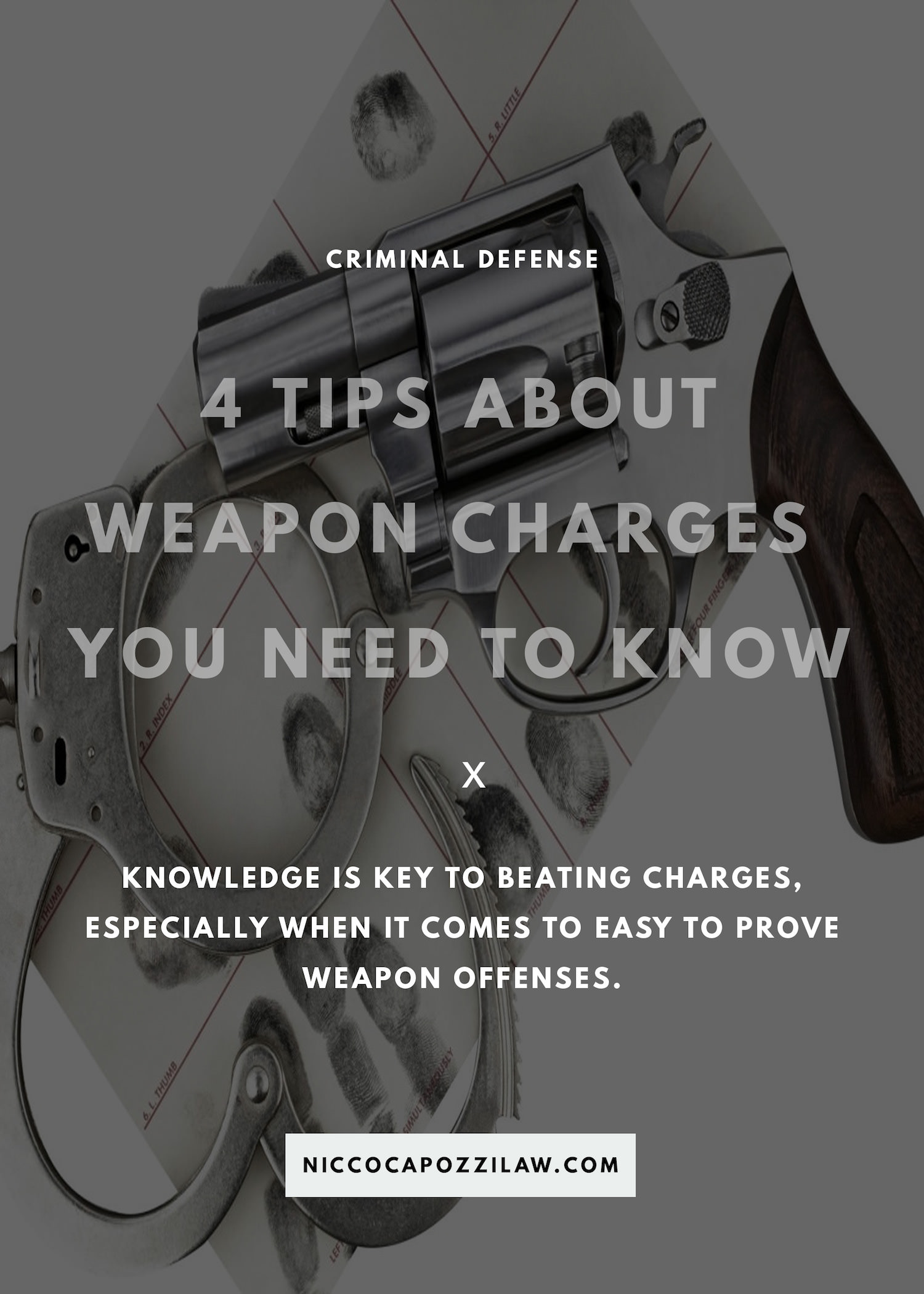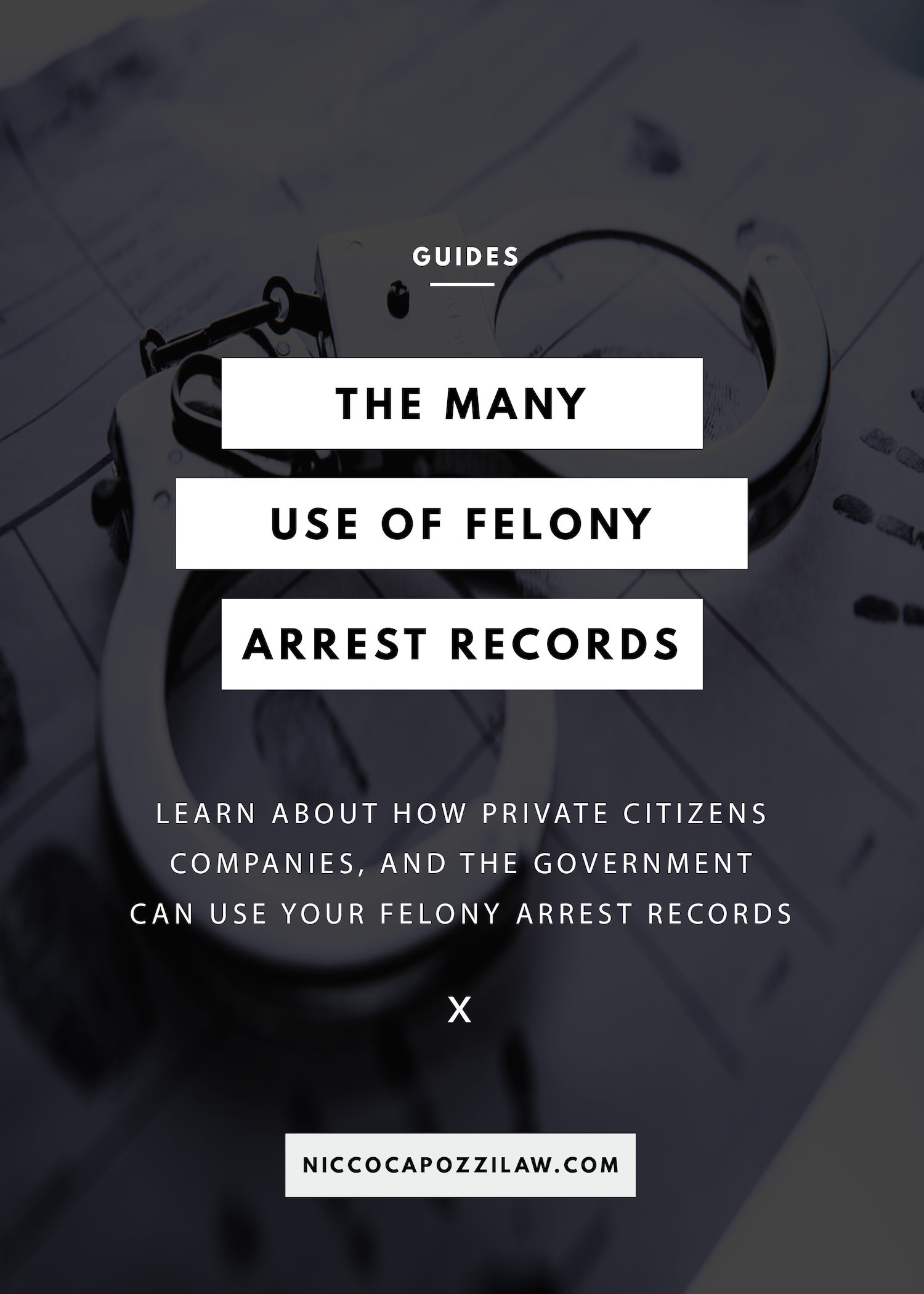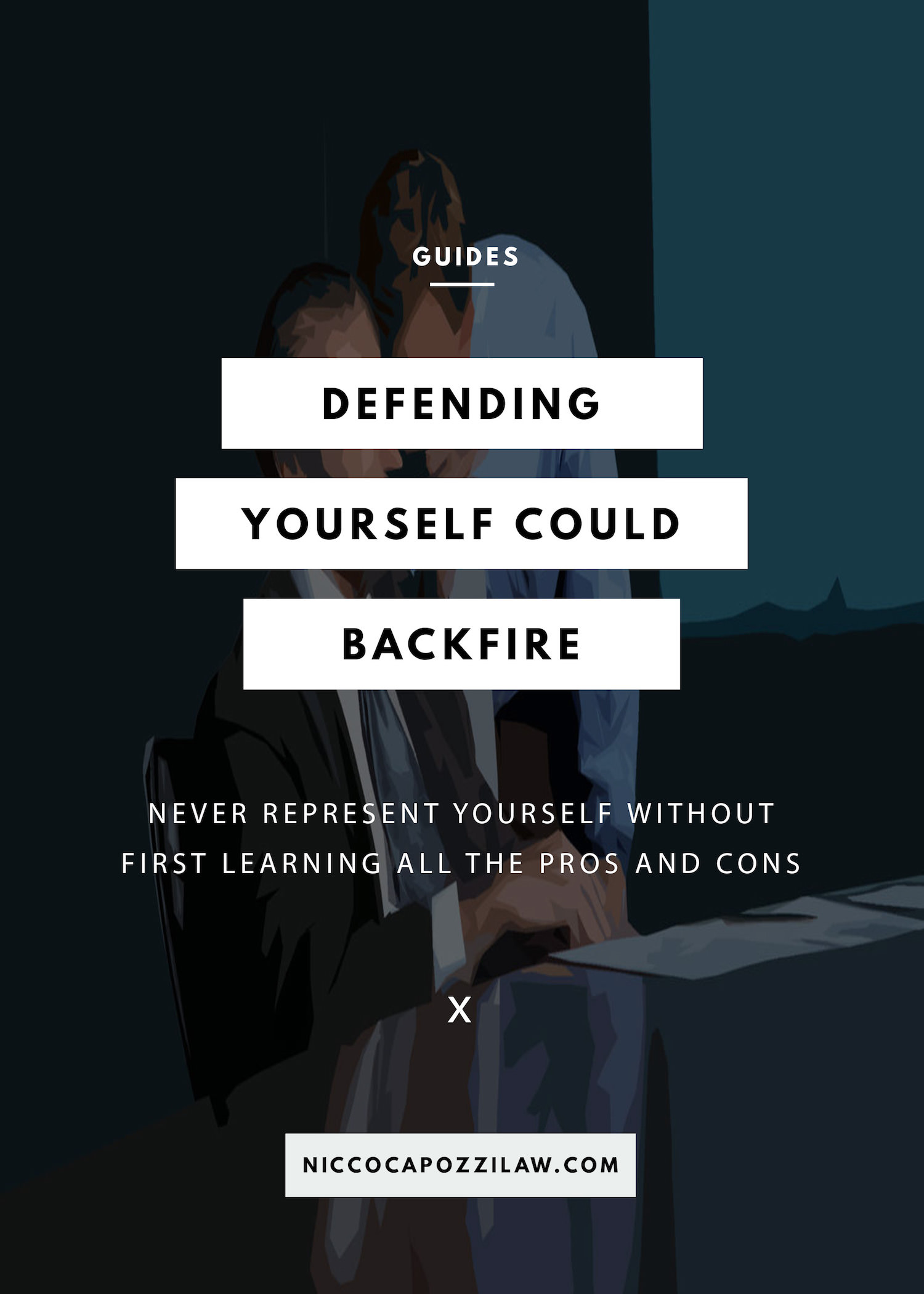Weapons offenses generally arise in two circumstances. One is as an add-on charge to a violent crime. The second is when police search a person or their vehicle after making contact for some other reason such as during a routine traffic stop. No matter what the original circumstances were, police arresting someone on a weapons charge must have discovered the weapon through legal means. These include:
- Plain view: The weapon was out in the open when police arrived or became visible without the police taking any action such as a person's shirt lifting to reveal a firearm or a person opening their car's glove box to retrieve their insurance card.
- Reasonable suspicion: The police may stop, question, and frisk a person when they have a reasonable suspicion that that person has, is, or is about to commit a crime and that that person may be armed. The police must give specific, articulable facts backing the suspicion such as seeing a bulge in a waistband.
- Probable cause: A search made as a result of facts that would lead a reasonably prudent person to believe that a weapon would be found. A warrant may also be required depending on the circumstances. The search of a home will almost always require a warrant.
- Search incident to lawful arrest: When police take someone into custody, they are permitted to search for weapons and contraband to ensure their safety and to ensure that nothing is brought into a jail.
Tip 1: What if the police didn't have a valid reason for searching for a weapon?
The Fourth Amendment right to be free from unreasonable searches and seizures limits what police can do. If they did not find the weapon in one of the above circumstances, there is a good chance that the search and seizure was illegal. Evidence found as a result of an unconstitutional search is almost always inadmissible in court. If the weapon on which a weapons charge was based is ruled inadmissible, the charge will almost always have to be dismissed. Note that even if you believe that the search leading to the discovery of a weapon was legal, specific legal requirements must be met, so it is always a good idea to discuss the incident with an attorney.
Tip 2: What are some common weapons offenses?
In addition to violent acts such as using or threatening to use a weapon against another person, there are a number of more technical violations. No person is allowed to carry a concealed firearm without a valid permit, and even permit holders cannot carry firearms into certain locations such as schools and government buildings. It is illegal to carry a weapon while intoxicated, and felons are prohibited from owning firearms. Specific types of weapons are also banned including machine guns, short-barreled rifles or shotguns, silencers, brass knuckles, switch blades, and explosives.
Tip 3: What are the consequences for weapons offenses?
Weapons offenses are taken very seriously under the law. Violations of concealed carry rules may result in misdemeanor criminal charges, and most other types of weapon charges are felonies. The charges may be increased if a person carried the weapon during the commission of a crime. In addition to the direct criminal consequences, weapons charges may result in the loss of the right to own weapons, difficulty finding employment, and being disqualified from renting apartments.
Tip 4: How do you fight a weapons charge?
Weapons charges may seem like a caught red-handed sort of crime with no chance of defense. However, weapons charges can be beaten. In addition to constitutional arguments about the validity of a search and seizure, many offenses require proof of a specific knowledge or intent.
A common police strategy when investigating weapons charges is asking whether a weapon was used for self defense or hunting to make it seem like having it was no big deal. However, this information can be used to prove a charge against you. If you are questioned regarding or charged with a weapons offense, never provide information beyond your name, address, and permit. Then contact a criminal defense attorney as soon as possible.







